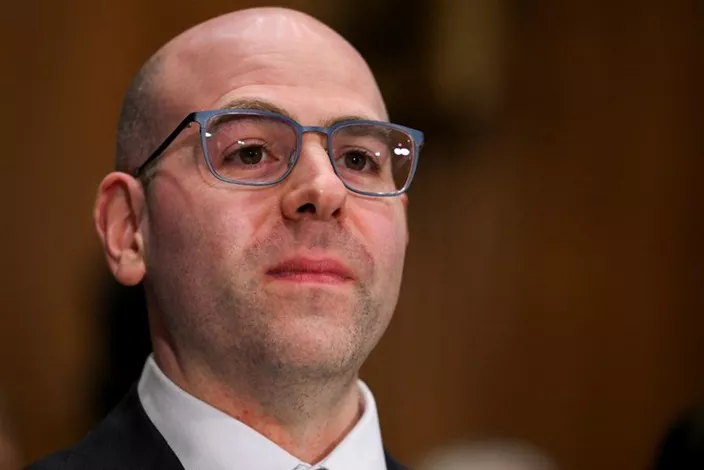U.S. Council of Economic Advisers Chair, Stephen Miran, acknowledged on Wednesday that the tariff hikes announced by President Donald Trump could cause short-term price increases. However, Miran emphasized that the administration’s goal is a long-term improvement in the U.S. economy’s fairness and sustainability on the global stage.
Treasury Secretary Scott Bessent also spoke out, urging other countries not to retaliate against the new U.S. tariffs. He warned that retaliation could lead to an escalation of the trade conflict, which would be harmful for all parties involved.
President Trump announced a 10% baseline tariff on all U.S. imports, as well as higher duties on goods from several key trading partners. This move has intensified a trade war that has shaken global markets and created confusion among U.S. allies. Many trading partners are expected to counter with their own tariffs, which could lead to significantly higher prices in the U.S. and other parts of the world.
Miran acknowledged the potential for “short-term bumps” in prices but stressed that the president’s focus remains on achieving long-term economic benefits. “The president is focused on a transformation that will improve the durability and fairness of the American economy,” Miran told Fox Business.
Meanwhile, Bessent advised other countries to hold off on retaliating. “Let’s see where this goes,” he said in an interview with CNN. “Escalation is not the solution, and reacting hastily would be unwise.”
Economic experts have warned that the tariffs could slow global growth, increase the risk of a recession, and raise living costs for U.S. families by thousands of dollars. President Trump, however, framed the tariffs as a response to existing barriers on U.S. goods and insisted that they would help revitalize American manufacturing.
Related Topics:


